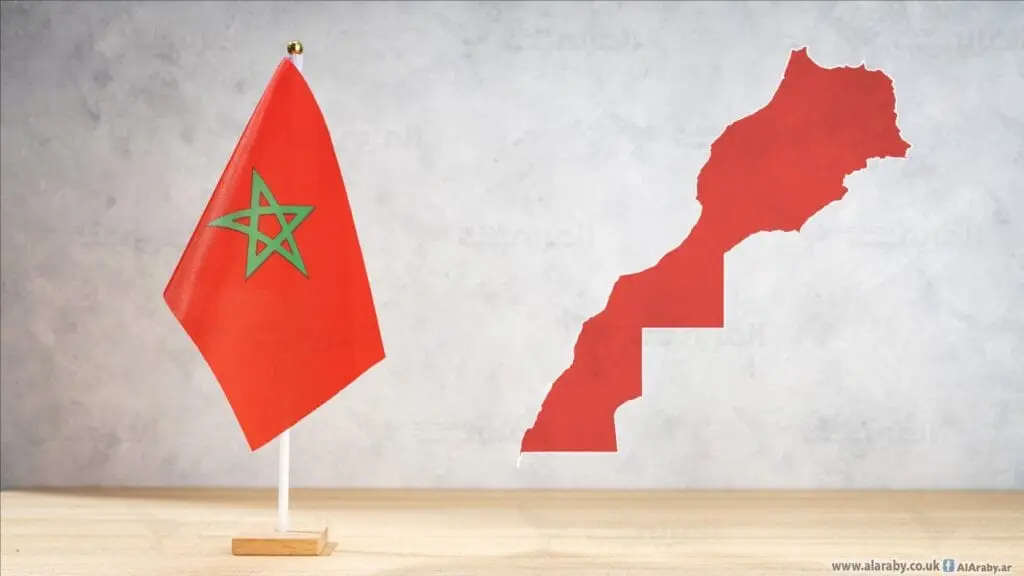
The Challenges of Documenting the History of Morocco
The historical documentation of Morocco’s past remains challenging throughout the period starting from the French Protectorate in 1912 up to the reign of King Hassan II ending in 1999. The challenging topic will be addressed through our previously published work “History of Morocco: From the Islamic Conquest to the Occupation” (2019).). Our goal included constructing an accountable description of contemporary Moroccan history during our exploration of the academic standards in combination with political and social aspects of historical documentation.
The Importance of National Historical Awareness
The project team initiated this effort to protect Moroccan history because they understood its critical value.The political and educational population of Morocco needs dependable resources which provide clear history knowledge of the nation. The project develops a substantial and easily accessible historical record which addresses the existing void in the market. The contemporary era necessitates historical information to enhance citizens’ national unity and prepare nations to face future obstacles.
The Periods of Morocco’s Contemporary History
Our latest work, “The History of Contemporary Morocco,” focuses on two pivotal periods: the Protectorate era (1912-1956) and the post-independence era (1956-1999). The text explains each time period extensively to show how modern Morocco evolved through its defining historical events. We specifically chose to stop at 1999, the year of King Hassan II’s death, as the history of Morocco beyond that point does not yet meet the historian’s criteria of documented history, relying more on current affairs and journalism.
The Need for a Popular Historical Narrative
The need for a popular, responsible narrative in Morocco’s history became apparent when we observed the widespread misconceptions held by many Moroccans—these misconceptions, whether about political events or cultural heritage, threaten national unity.The synthetic historical approach works toward building public awareness about national identity and core values that have supported Morocco since its inception.
Sources and Methods in Crafting the Narrative
Our work to construct historical records in Morocco included diverse both authorized and unofficial historical materials.We chose to study important documents including the Official Gazette of the Kingdom and Bank of Morocco reports because examining all evidence proved impossible yet we aimed for an accurate complete analysis. Our restricted source usage enabled us to concentrate on significant events thus allowing us to develop an extensive record about Morocco’s 20th century evolution.
Avoiding Bias in Historical Documentation
One of our main challenges emerged from preventing an unbalanced depiction or artificially perfect representation of Moroccan historical events. While presenting a version highlighting only the achievements of certain political factions or individuals might have been tempting, we aimed for balance. Our goal was to present a nuanced accountThe novel presents history from multiple Moroccan viewpoints to prompt critical reading about past events.
A Fresh Perspective on Morocco’s History
Ultimately, “The History of Contemporary Morocco” offers a fresh perspective on the nation’s recent past. By drawing from a wide range of underutilized sources, particularly post-independence documents, we have been able to craft a narrative that is both comprehensive and engaging. This work exemplifies major progress in Morocco’s history preservation efforts and its goal of raising national historical understanding of twentieth-century developments.
Books and Articles
- “Morocco: A History” by Susan Gilson Miller
- A complete historical approach to Moroccan history appears in this book by including both French Protectorate times and the period after independence.
- “Moroccan Society During the French Protectorate” by Robert A. Pape
- The academic article investigates Morocco’s social developments which took place under the rule of the French Protectorate.
- “The History of Morocco” by E. H. Palmer
This text covers various aspects of Moroccan history, including the Protectorate and post-colonial developments.
Academic Journals
“The Protectorate in Morocco: A Critical History” – Journal of North African Studies
- An academic examination of the French Protectorate and its impacts on Moroccan society.
“Cultural Identity and Historical Narratives in Morocco” – Journal of North African Studies
- This article explores how cultural identity shapes historical narratives in Morocco
Government and Educational Websites
UNESCO World Heritage Centre – Morocco
Information about UNESCO-listed sites in Morocco and the importance of cultural heritage.
